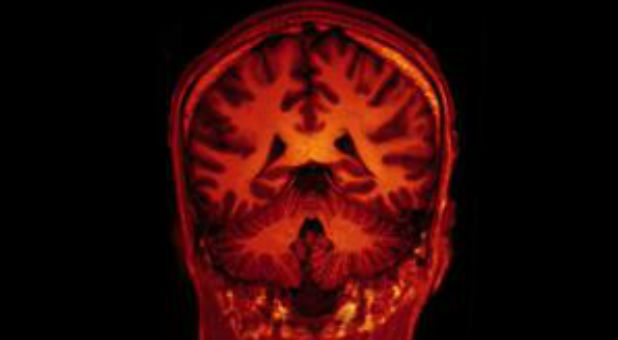Even if you were never taught to believe in God, your brain could still recognize His existence. Such is the premise of Romans 1, and a roundtable discussion set to air on National Geographic.
According to National Geographic, fascinating new research has uncovered the possibility that believing in God may be hardwired in our brains.
“Psychologists and anthropologists deemed that children left to their own devices would have some conception of God. Some attribute this to our innate sense of detecting patterns in the world (as to discern predators or prey in nature), while others propagate the notion of a ‘supersense’—or a cognitive tendency to infer hidden forces in the world working for good or ill,” says Shaheen E. Lakhan, who holds several doctorate degrees, including an M.D.
Lakhan’s statements back up those of Andrew Newberg, who actively researches “neurotheology.”
Newberg conducted several brain studies, evaluating what happens when a person prays or meditates.
After eight weeks of prayer, “They had improvements of about 10 or 15 percent.”
“This is only after eight weeks at 12 minutes a day, so you can imagine what happens in people who are deeply religious and spiritual and are doing these practices for hours a day for years and years,” he told NPR.
Newberg detailed some of his findings in How God Changes Your Brain, Why We Believe What We Believe, and Why God Won’t Go Away.
“People frequently meditate or pray as a way of keeping themselves calm during procedures. We know for sure that meditation and prayer help reduce depression, anxiety and blood pressure. They basically alter the physiology of the person and, in most cases, in positive ways. This happens certainly in the moment. But people have also found that a lot of these effects are persistent,” Newberg says.
And for those who actively reject faith, some still cannot deny the presence of God.
In a piece for the Washington Post, atheist Elizabeth King writes that she cannot shake the idea of God’s existence.
“The idea of God pesters me and makes me think that maybe I’m not as devoted to my beliefs as I’d like to think I am and would like to be. Maybe I’m still subconsciously afraid of hell and want to go to heaven when I die. It’s confusing and frustrating to feel the presence of something you don’t believe in. This is compounded by the fact that the God character most often shows up when I’m already frustrated,” King writes.
Neurotheologian Newberg says this is because science does back the reality of religious experiences.
See an error in this article?
To contact us or to submit an article





















